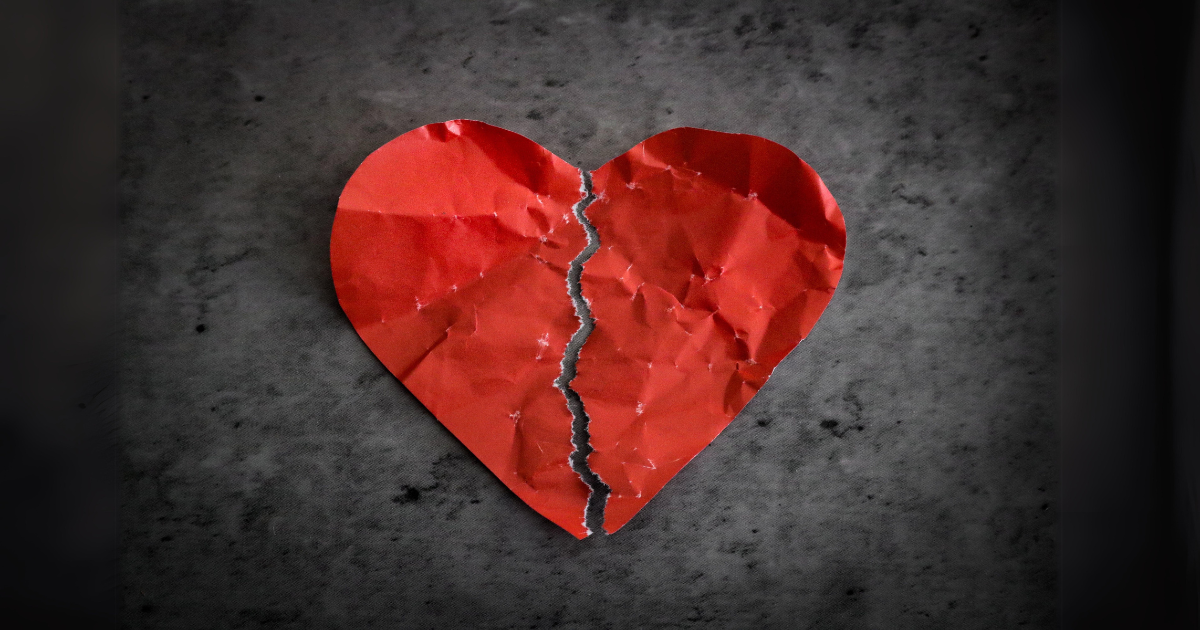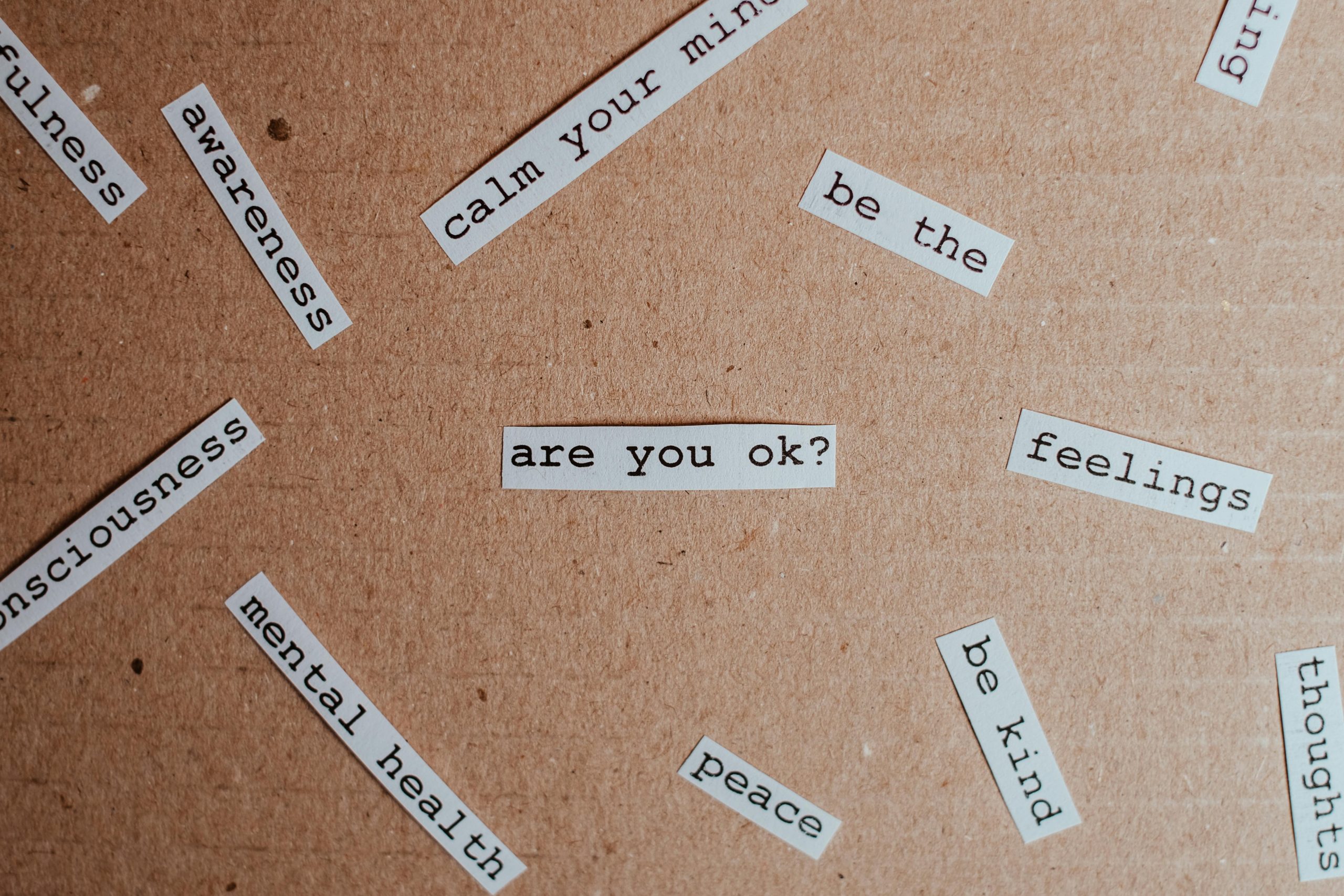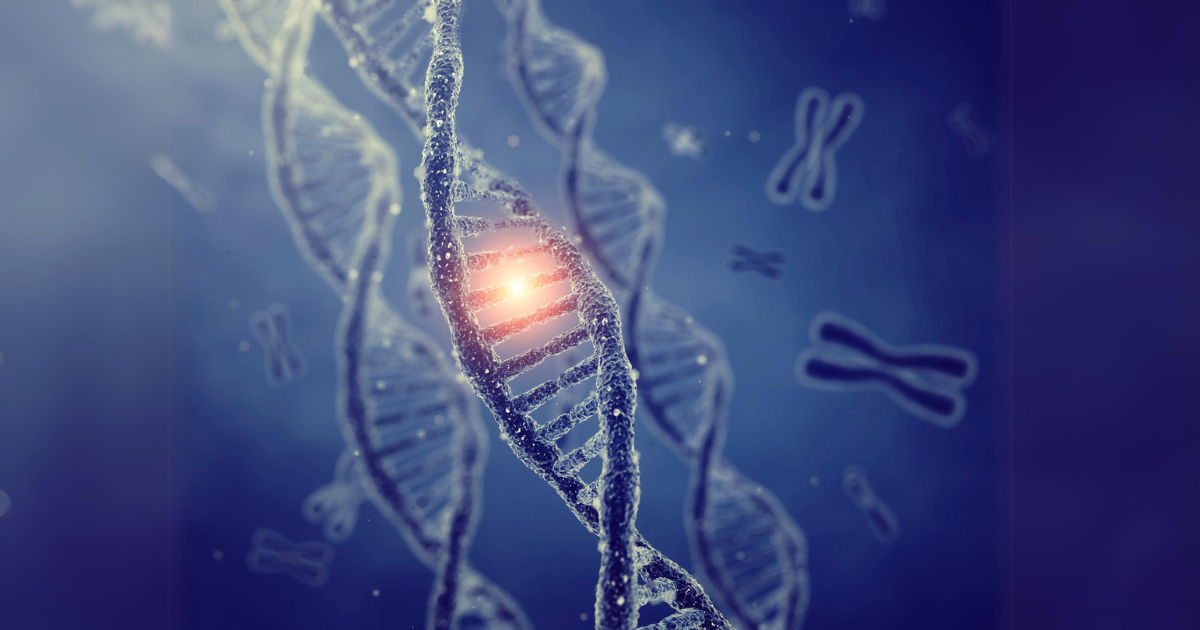
How To deal With Anger After a Breakup
Contents
Introduction
Dealing with anger after a breakup can be overwhelming, but it’s a natural response to emotional pain. The end of a relationship often brings a flood of emotions, with anger serving as a way to cope with hurt and loss. Understanding the root of your anger and finding healthy ways to express it is crucial for healing. By recognizing your feelings and taking proactive steps, you can move forward with a clearer mind and a stronger sense of self.
In this article, we’ll find out techniques to manage our anger, ways to channel it constructively, and strategies for moving forward with a clearer mind and a stronger sense of self.
Why Do You Feel Angry After a Breakup?
Anger is a common response to the end of a relationship, acting as a natural defense against the emotional pain and loss that follows. Breakups challenge our sense of stability and can trigger various emotional responses. Here are several key reasons why anger often surfaces after a breakup:
- Hurt and Betrayal: If one partner cheats, the other may feel deeply betrayed. For instance, if Alex discovers that Taylor has been seeing someone else, Alex’s anger might stem from feeling deceived and hurt.
- Loss of Control: A breakup can make someone feel like they’ve lost control over their life. For example, Jamie might be angry after breaking up with Morgan because their once-shared plans and routines are now disrupted, leaving Jamie feeling powerless.
- Unresolved Feelings: Lingering feelings can turn into anger if they aren’t addressed. For instance, if Sam still has strong feelings for Riley but the relationship ends, Sam might direct their unresolved emotions as anger towards Riley or themselves.
- Broken Expectations: Anger can arise from shattered future plans. For example, Casey and Jordan had planned to get married, but after breaking up, Casey might feel angry due to the collapse of these shared dreams.
- Rejection and Self-Esteem: Rejection can hurt self-esteem, prompting anger. If Taylor is dumped by their partner, they might feel anger towards themselves or their ex as a way to cope with feelings of inadequacy.
- Grief Process: Anger is part of grieving the end of a relationship. For example, if Riley’s long-term relationship ends, Riley might experience anger as part of the grieving process for the future they envisioned.
- Fear of Loneliness: The fear of being alone can fuel anger. For instance, if Alex is worried about being single forever after a breakup, this fear might manifest as anger towards their ex or the situation.
Note that the names used in the examples are do not bear resemblance to any person living or dead and are for explanatory purpose only.
Recognizing Your Anger Triggers After a Breakup
Understanding what triggers your anger post-breakup is crucial for managing your emotions and beginning the healing process. Here are six major triggers that may evoke anger during this challenging time:
- Unresolved Issues with Your Ex: Ongoing disputes over shared responsibilities, like dividing mutual possessions, can lead to frustration and intensify feelings of anger. For example, disagreements over who keeps the pet can become a significant source of conflict.
- Social Media and Communication: Seeing your ex’s social media updates or receiving messages can trigger jealousy and irritation. For instance, noticing your ex in a new relationship shortly after the breakup can be particularly upsetting.
- Reminders of the Relationship: Encountering places, objects, or activities that remind you of your ex can provoke strong emotions. For example, passing by a restaurant where you had your first date might bring back painful memories.
- Interactions with Mutual Friends or Family: Conversations with mutual friends or family discussing your ex can spark feelings of anger and betrayal. For instance, hearing about your ex’s new relationship from a mutual friend can be distressing.
- Self-Blame and Regret: Internalizing blame or regret about the relationship can lead to self-directed anger. For example, constantly questioning whether you made the right decisions during the relationship can fuel these feelings.
- Changes in Daily Routine: Adjusting to life without your ex, including the disruption of familiar routines, can cause frustration and anger. For instance, the absence of shared weekend plans might leave you feeling unsettled.
Three Types of Anger After a Breakup
After a breakup, individuals often experience three types of anger: displaced anger, passive-aggressive anger, and redirected anger. Understanding these can help in managing and overcoming them more effectively.
- Displaced Anger: Displaced anger occurs when someone channels their frustration or rage onto a different person or object rather than the actual source of their anger. This can manifest as open hostility towards an innocent party, leading to ongoing negativity and conflict. For example, someone might snap at friends or family over minor issues, not realizing their anger is really about the breakup. Addressing the underlying causes, such as past trauma or unresolved issues, can help break this cycle and encourage healthier emotional expression.
- Passive-Aggressive Anger: Passive-aggressive anger is characterized by indirect, often covert expressions of hostility. Instead of confronting their feelings directly, individuals might engage in behaviors like giving the silent treatment, making sarcastic remarks, or acting in ways that subtly undermine others. This type of anger typically arises from a reluctance or inability to openly express frustration. Identifying these behaviors and understanding their underlying emotions is crucial for processing anger in a constructive manner and fostering healing.
- Redirected Anger: Redirected anger involves transferring feelings of anger and frustration from the breakup onto unrelated people or situations. For instance, someone might take out their breakup-related anger on coworkers or damage personal belongings. This misdirected anger can negatively impact relationships and overall well-being. Recognizing redirected anger and seeking appropriate coping strategies, such as therapy or stress management techniques, can help address and resolve these emotions more effectively.
Curious about the different types of anger and how they impact your interactions? Explore our blog to understand the various forms of anger, their triggers, and practical strategies for managing them effectively.
The 5 Stages of a Breakup, According to Relationship Experts
Relationship experts identify five potential stages of a breakup: denial, anger, bargaining, depression, and acceptance. These stages represent common emotional responses as individuals navigate the end of a relationship.

Stage:1 Denial
Denial often marks the initial stage after a breakup. It serves as a protective shield against the overwhelming sadness that follows. People in denial might say things like “This can’t be true” or “I don’t believe it happened,” reflecting their struggle to accept the reality of the breakup. This stage can occur at any point in the healing process and varies widely among individuals.
Image Source: thelawyersedge.com

Stage:2 Anger
The second stage usually involves anger as the reality of the breakup sets in. This anger may be directed towards an ex-partner, oneself, or the situation as a whole. It can manifest in different ways—some may express it openly, while others might internalize it. Addressing and processing this anger constructively is essential for overcoming grief and moving forward.
Image Source: laicaafaga.medium.com

Stage:3 Bargainin
Bargaining often follows anger, where individuals attempt to make deals or imagine how they might reverse the breakup. This stage reflects a desire to regain a sense of control over the situation. Bargaining can help manage the intense emotions following a breakup, though it may not occur in a linear order and can appear at various points in the healing journey.
Image Source: mibluesperspectives.com

Stage:4 Depression
Depression can be a significant aspect of the breakup experience, often characterized by feelings of sadness and despair. This stage, sometimes diagnosed as an adjustment disorder with depressed mood, is a natural part of grieving. However, if depressive symptoms persist or intensify, seeking support through therapy or counseling is advisable to navigate and manage these feelings.
Image Source: metropolisindia.com

Stage:5 Acceptance
Acceptance is a crucial stage for healing and moving forward after a breakup. It involves coming to terms with the end of the relationship and finding closure. Relationship experts agree that acceptance is key to ultimately overcoming the breakup and beginning the process of moving on.
Image Source: payscale.com
How to Deal with Anger After a Breakup
Managing anger after a breakup requires understanding its nature and implementing effective strategies. Here’s are Strategies to help you navigate this challenging time:

Be Aware
Description: Awareness allows you to pinpoint what triggers your anger and why, leading to more targeted resolution.
How to Deal:
- Acknowledge Feelings: Accept your emotions as they arise without self-judgment. This helps you gain a clearer perspective on what you are experiencing and why.
- Identify Triggers: Pay close attention to specific situations, behaviors, or events that provoke your anger. Reflect on patterns to understand the underlying causes.
Image Source: sdkidsfirst.com

Identify the Type of Anger
Description: Differentiating between primary and secondary anger provides insight into whether your anger stems from unresolved past issues or the current breakup. This distinction is crucial for effectively addressing the true sources of your frustration.
How to Deal:
- Assess Impact: Evaluate how these types of anger affect your current emotional state and responses. This assessment helps in focusing on the appropriate resolution strategies.
- Differentiate Anger Types: Determine if your anger is based on long-standing unresolved issues (primary anger) or if it is a reaction to the recent breakup (secondary anger). This understanding can guide your approach to resolving these emotions.
Image Source: pexels.com

Choose Your Response
Description: The way you respond to your anger significantly impacts your healing process and overall emotional well-being. Making thoughtful decisions about how to manage or express your anger can facilitate better outcomes.
How to Deal:
- Make Informed Choices: Choose responses that promote constructive outcomes. If expressing anger is not productive, find ways to release it healthily and supportively.
- Evaluate Responses: Consider the potential outcomes of expressing versus suppressing your anger. Determine which response aligns with your goals for healing and personal growth.
Image Source: pexels.com

Work on the Root Cause
Description: Addressing underlying issues contributing to your anger can lead to more effective resolution. Often, the breakup itself is a surface issue masking deeper personal or situational problems.
How to Deal:
- Seek Support: Engage with a therapist or counselor to work through these underlying issues. Professional guidance can provide strategies for managing and resolving root causes of anger.
- Explore Underlying Issues: Investigate personal or situational factors that might be exacerbating your anger. These could include unresolved personal issues or ongoing stressors.
Image Source: pexels.com

Practice Mindfulness
Description: Utilizing mindfulness techniques helps you stay present and manage emotional responses more effectively. Mindfulness can enhance emotional regulation and provide a sense of calm.
How to Deal:
- Engage in Breathing Exercises: Practice deep breathing to calm your mind and body. This technique helps reduce immediate feelings of anger and stress.
- Incorporate Yoga:Yoga can improve your overall sense of well-being and manage emotional turbulence.
- Try Meditation: Use meditation to increase self-awareness and control over your emotions. Regular meditation can help you develop a more balanced and calm response to anger.
Image Source: pexels.com
Conclusion
Navigating anger after a breakup is challenging but crucial for healing. Acknowledge your feelings as a normal response and understand their underlying causes. Use effective coping strategies like mindfulness or journaling to process emotions constructively. Choose your responses thoughtfully to avoid harmful behaviors and work through deeper emotional issues with self-reflection or professional support. By addressing these steps, you can transform this difficult period into an opportunity for personal growth and resilience.
References
- Broderick, P. C. (2020). The emotional life of adolescents: A developmental perspective. Springer.
- Greenberg, L. S., & Pascual-Leone, A. (2006). Emotion in psychotherapy: Theory and practice. American Psychological Association.
- Gross, J. J. (2015). The nature of emotion: Fundamental questions. Oxford University Press.
- Harlow, H. F. (1958). Biological and biochemical bases of behavior: An approach to the study of anger. American Journal of Psychiatry, 114(10), 849-855.
- Johnson, S. M. (2019). The practice of emotionally focused couples therapy: Creating connection. Routledge.
- Leahy, R. L. (2015). Cognitive therapy techniques: A practitioner’s guide. Guilford Press.
- McNally, R. J. (2011). Remembering trauma. Harvard University Press.
- Neff, K. D. (2011). Self-compassion: The proven power of being kind to yourself. William Morrow Paperbacks.
- Siegel, D. J. (2012). The developing mind: How relationships and the brain interact to shape who we are. Guilford Press.
- Sirois, F. M., & Tindle, H. A. (2016). Stress, emotion, and health: A review of theoretical models. Journal of Behavioral Medicine, 39(6), 1026-1041.








